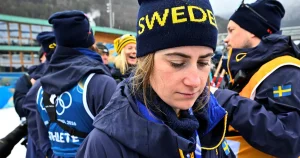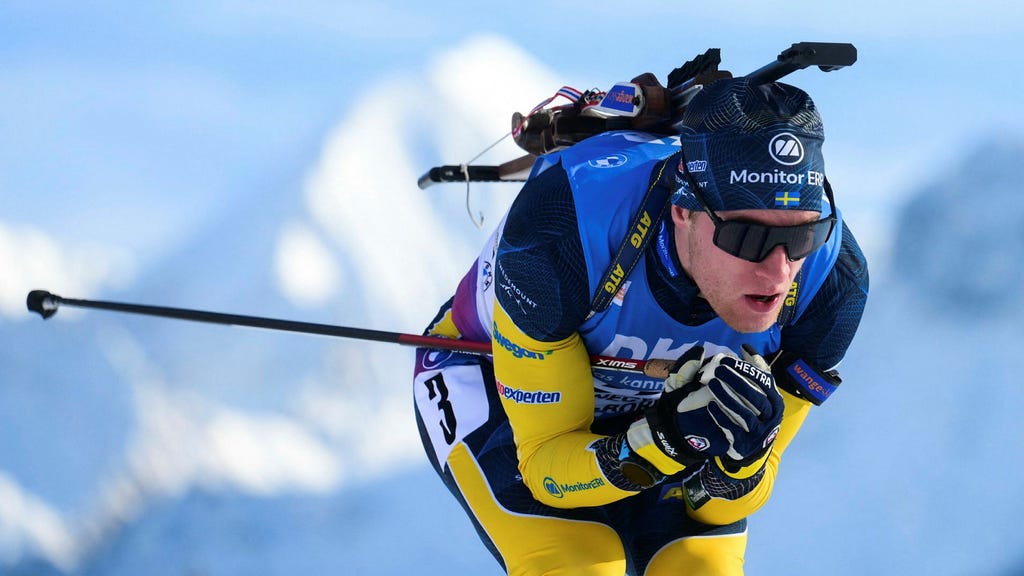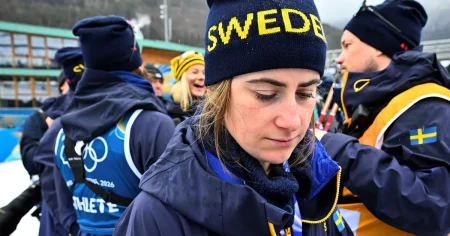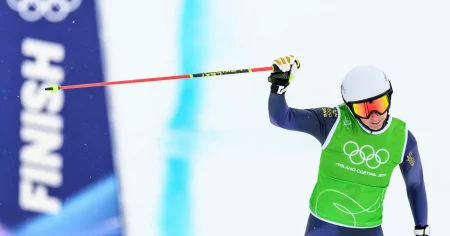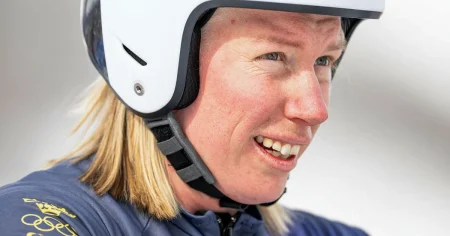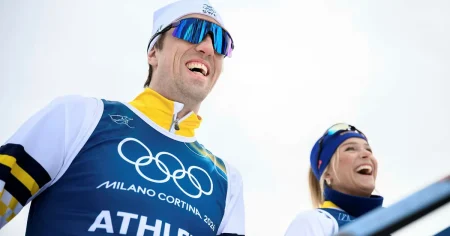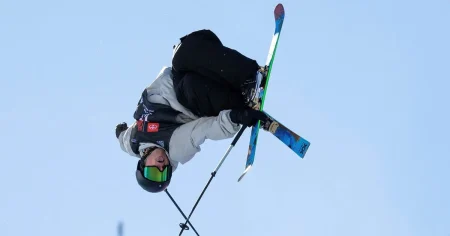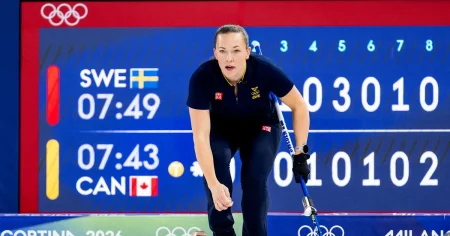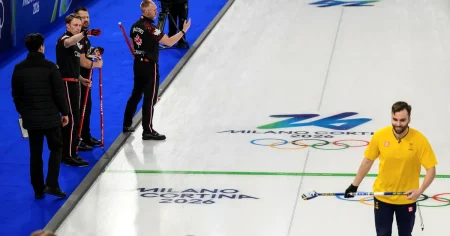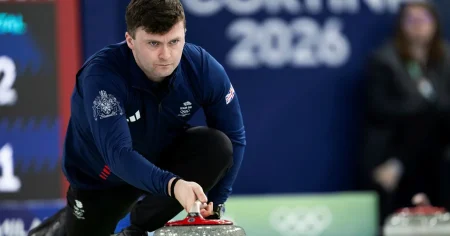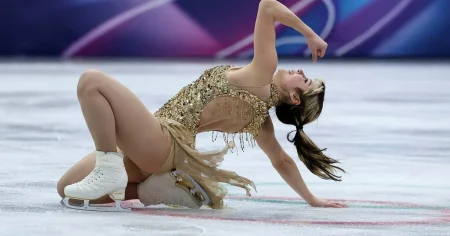Sebastian Samuelsson, a prominent Swedish biathlete, narrowly missed a podium finish in the pursuit race, ultimately securing fifth place. His performance was hampered by inconsistent shooting, accumulating five penalties throughout the competition. Two misses occurred during the crucial third shooting stage, significantly impacting his position and hindering his ability to challenge for a higher placement. Despite starting the race in a promising third position, the additional misses in the final standing shoot proved costly, pushing him further down the leaderboard. While expressing satisfaction with the final result, Samuelsson conveyed frustration with his shooting performance, acknowledging the need for improvement and a more controlled approach on the range. He specifically mentioned the importance of avoiding marginal shots and maintaining focus during critical moments.
Johannes Thingnes Bø, the Norwegian biathlon star, dominated the race, claiming victory despite one shooting penalty. His exceptional skiing speed allowed him to overcome the penalty and maintain a comfortable lead throughout the competition. French biathletes Eric Perrot and Émilien Jacquelin capitalized on Samuelsson’s shooting woes, securing second and third place respectively, much to the delight of the home crowd. The French duo delivered consistent performances, both on the shooting range and the ski tracks, solidifying their positions on the podium. Samuelsson finished the race 1 minute and 24 seconds behind Bø, highlighting the significant impact of the shooting penalties on his overall time.
The challenging conditions and the pressure of the competition likely contributed to Samuelsson’s shooting struggles. Biathlon requires a delicate balance of physical exertion and precision marksmanship, and even slight variations in technique or focus can have significant consequences. Samuelsson’s reflection on his performance suggests a desire to analyze the specific factors that led to the misses and implement adjustments to prevent similar issues in future races. The ability to learn from setbacks and refine technique is crucial for continued growth and development in biathlon.
In contrast to Samuelsson’s shooting struggles, fellow Swedish biathlete Martin Ponsiluoma experienced a significant turnaround in his performance. Having struggled with his prone shooting throughout the season, Ponsiluoma finally achieved a clean slate in the pursuit race, hitting all five targets in his first prone stage. This breakthrough, coupled with his strong skiing, propelled him from a disappointing 58th place in the sprint race to a commendable 19th place in the pursuit. Ponsiluoma expressed immense satisfaction with this improvement, acknowledging the positive impact of this performance on his confidence and momentum.
Ponsiluoma’s previous struggles with prone shooting likely added significant pressure to his performance. The inability to consistently hit targets in the prone position can be detrimental to a biathlete’s overall results, as it adds penalty loops or time penalties, hindering their progress. Overcoming this hurdle and achieving a clean prone stage was a significant accomplishment for Ponsiluoma, demonstrating his resilience and determination. His exceptional skiing performance further contributed to his climb up the leaderboard, showcasing his strength and endurance on the challenging course.
The contrasting performances of Samuelsson and Ponsiluoma highlight the unpredictable nature of biathlon. While Samuelsson’s shooting struggles cost him a potential podium finish, Ponsiluoma’s improved shooting accuracy and impressive skiing allowed him to make a significant comeback. Both athletes’ experiences underscore the importance of both physical and mental fortitude in biathlon, as well as the ability to adapt to changing conditions and overcome challenges. The pursuit race provided valuable lessons for both athletes, paving the way for continued growth and development as they strive for future success in the demanding world of biathlon.




